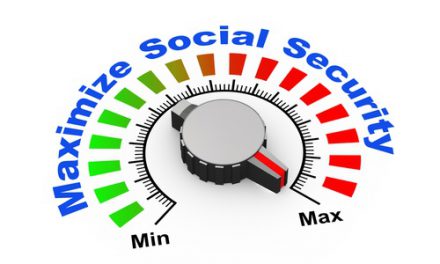
When an Adult Child Returns to the Nest
It’s one thing for parents to adjust and figure out how to survive the empty nest syndrome that comes with a child going to college or pursuing options after high school. But, it’s also been observed that humans are the only species whose offspring returns to their parents. This return home is fraught with difficulties and concerns on the part of both parents and adult children.
To view the full article please register below:
When an Adult Child Returns to the Nest
It’s one thing for parents to adjust and figure out how to survive the empty nest syndrome that comes with a child going to college or pursuing options after high school. But, it’s also been observed that humans are the only species whose offspring returns to their parents. In fact, according to Pew Research, half of adults ages 18 to 29 live with one or both of their parents. This is substantially higher than in 2010 (44%) or 2000 (38%).1
This return home is fraught with difficulties and concerns on the part of both parents and adult children. For parents, the concerns include worries over increased expenses, family dynamics, whether a child is taking the easy way out, and when he or she will ever become independent.
For the adult child, moving back may increase feelings of career frustration, guilt and low self-esteem. The lack of money and privacy, along with the sense of regressing, may heighten the stress.
What’s a Parent to Do?
There are steps parents can take to mitigate the challenges of living with an adult child, including:
- Have a discussion around expectations and ground rules. Is there an expectation that the child will contribute financially to expenses and other household responsibilities? Is there a time limit (e.g., six months) or an event trigger (e.g., getting a job) to moving out? What household rules apply (e.g., curfews, privacy, treatment of shared spaces, guests, behavior, etc.)?
- Have regular conversations. Sit down with your child from time to time to discuss issues that may be bothering you or other family members. Make this a two-way conversation so that your child can openly communicate his or her issues.
- Remain an emotional support to your child. An adult child living with his or her parents is likely to be under significant emotional and financial stress. Being supportive will make the situation more manageable.
- Adjust your perspective. A child returning home is not a parental failure. In fact, some empty-nester friends may envy you for having your child close at home. Moreover, this may be an opportunity to deepen the parent-child relationship. Finally, take comfort in knowing that your child is more likely to care for you in your old age after helping them through their difficult period.
- Keep to your schedule. There is no reason to upend your life. Doing so will only cause resentment and frustration.
There will come a time for your child to leave. He or she may do it of his or her own accord, or may have to be nudged from the nest. Until that time, both parent and child are responsible to always keep the lines of communication open and act with grace.
Source:
Please reference disclosures at: https://blog.americanportfolios.com/disclosures/












